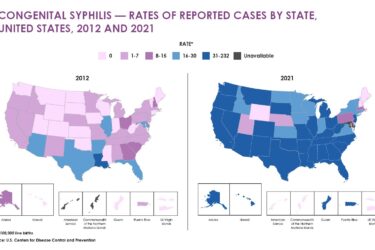
Last month’s shooting in Orlando in drew attention not only to the city’s gay community but also to limits in how the lesbian, gay, bisexual and transgender community there could respond when it comes to what many do in the aftermath of such tragedies – give blood.
The shooting at the gay nightclub left 49 victims dead. Many in the community sought to donate blood only to run into U.S. Food and Drug Administration regulations that call for sexually active gay men to wait a year after their last sexual encounter before giving blood.
Previously, FDA policy called for an outright and “indefinite” ban on blood donations from all gay men. Although the agency moved to a one-year deferral when it changed its policy in December 2015, it still calls for an outright ban for sex workers, those who have tested positive for HIV or who have used injected drugs.
But in the weeks following the nation’s worst mass shooting in modern history, some are calling for changes. Lines formed at Florida blood donation centers in the immediate aftermath of the June 12 shooting. World Blood Donor Day came just two days later, also drawing attention to the issue.
In the aftermath of the Orlando tragedy, several members of Congress have called on the FDA to make changes lifting the one-year waiting period, Newsweek’s Jessica Firger reports.

FDA officials have said their current guidelines reflect current scientific evidence and help prevent HIV transmission. The agency has also said it will monitor the impact following its December change for the next few years and continue to review its donor deferral policies. Other countries, including Australia, also have a one-year waiting policy for sexually active gay men, according Firger.
Still, experts say concerns remain.
As reporters Andrew Seaman and David Morgan of Reuters write:
In the past 12 years, as many as six people have been infected with HIV through blood transfusion in the United States, according to Dr. Richard Benjamin, a former chief medical officer of the American Red Cross.
“That risk is always going to be there. People who donate blood within two weeks of exposure always will be missed by testing,” said Benjamin, now an executive at Cerus Corp, whose technology kills pathogens in blood plasma and blood platelets.
National Journal’s Rachel Roubein also reports that although some legislators are pushing for individual testing rather than an overall ban against donations from sexually active gay men—such a change is not likely for now.
Further reading:
- Scientific American: Calls Escalate for Lifting Blood Donor Ban on Men Who Have Sex with Men
- National Journal: A Push to Lift the Ban on Gay Blood Donors
- Newsweek: Will the FDA’s Policy on Blood Donation From Gay Men Change After the Orlando Massacre?
- Reuters: Lifting U.S. curbs on gay blood donors seen years away: experts







